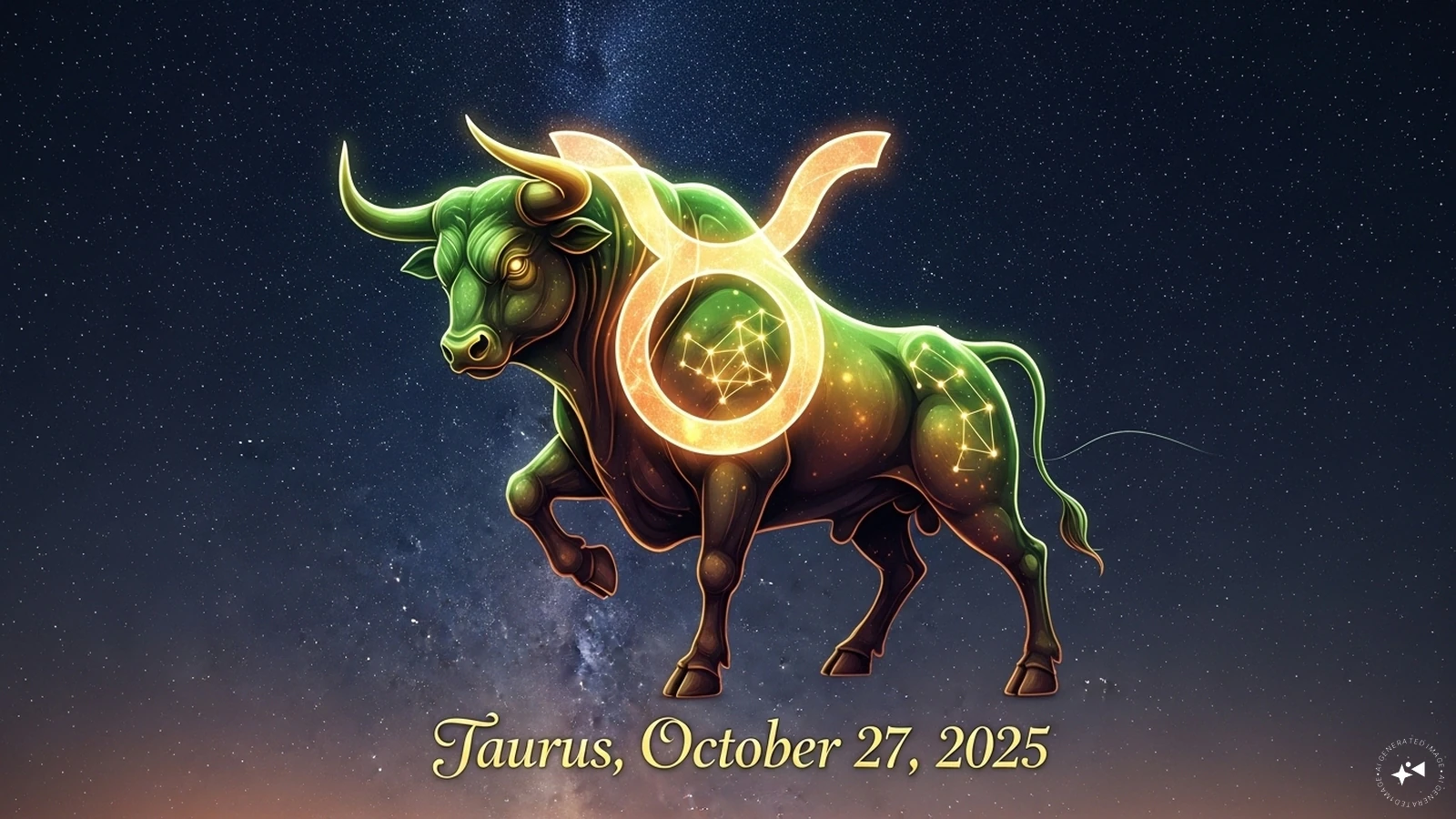Copyright metro

It is the ultimate control you can exert on another human being (Picture: Getty Images) The first time I saw someone being strangled on TV was in EastEnders. I was 16 in 2005, when gangster Johnny Allen (Billy Murray) held Sharon Watts (Letitia Dean) against the wall by her throat, yelling threats into her face before she revealed she was pregnant. The scene did not really stick out to me back then, nor did I find it shocking or moving. But therein lies the problem. Strangulation was so normalised that I did not register it as dangerous. To me, it seemed like Sharon walked away with no shock afterwards, confusion, trauma, or flashbacks. It was something that just happened – a small piece in a bigger storyline. Two decades later, the same thing happened when Keanu Taylor (Danny Walters) strangled Sharon until Linda Carter (Kellie Bright) stopped him before it was too late. Media depictions of strangulation are rarely broken down and truly seen for what they actually are – a dangerous and life-threatening act. I’m the Communications Manager of the Institute for Addressing Strangulation (IFAS) and I want you to really picture it. The person you trust most in the world has their hands around your throat, restricting your breathing and is looking directly into your eyes as they do this. Johnny Allen strangled Sharon back in 2005 (Picture: BBC Adam Pensotti) Fear is running through you, and you believe with every fibre of your being that you will die. These are your last moments. Only they are not. You survive. But this moment is lodged into your memory forever. This is what it means to be a victim-survivor of strangulation. Possessing or publishing pornography depicting strangulation is set to become a criminal offence in the UK, with amendments to the Crime and Police Bill currently going through parliament. The amended bill will also require platforms to take measures to prevent users from accessing this content. These new laws seek to ensure that stronger protections are in place for victims of strangulation and to prevent the spread of pornography that normalises violence. Years later, Keanu Taylor (Danny Walters) strangled Sharon (Letitia Dean) (Picture: BBC/Jack Barnes/Kieron McCarron) If pornography can no longer normalise this violent sexual act, surely that attitude should be reflected in pop culture too. And yet we continue to see portrayals that are not only alarmingly inaccurate but that also minimise the health risks. So why can’t popular culture reflect this accurately? The best we can seem to muster is that it’s a harmless sexual act, which is not only alarmingly inaccurate but also minimises the health risks. Films such as Lady Chatterley’s Lover, Obsession, and 365 Days all feature strangulation as a normal, and fun, part of sexual experiences. But watching these scenes, you would never know how easily the act of strangulation can cause real harm. Then there’s strangulation as a purely violent act, as seen in the TV series, Mr Bigstuff, where Danny Dyer’s character is strangling someone using a hammer handle. But what sits between these extremes is much more complex, widespread, and dangerous. Strangulation often occurs as part of domestic abuse or sexual violence, often perpetrated by someone you know or maybe even love and trust. It is the ultimate control you can exert on another human being. By applying pressure to the neck – a vulnerable area – and restricting someone’s breath, you are showing you have final say over whether they live or die. The stats are truly sobering (Picture: Getty Images) That’s why I want to see more scenes in popular culture of strangulation that take it seriously in domestic abuse contexts. Because the stats are truly sobering. Research has shown that a person can lose consciousness in around seven to 10 seconds of being strangled, damaging blood vessels in the neck, leading to blood clots forming, which may result in a stroke. In fact, evidence suggests it’s the second most common cause of stroke in young women. IFAS analysed data from Domestic Homicide Reviews, which showed that prior controlling behaviours were present in two third of cases where the victim was fatally strangled. Over half of those who were fatally strangled had experienced non-fatal strangulation prior to their death. On top of that, of the 2,000 women aged 14 years and above who were killed in the UK since 2014, strangulation was used in 550 killings; 372 of those women killed were strangled by an intimate partner. Shockingly, there were a total of 23,817 offences of strangulation and suffocation recorded in England and Wales in the first year of strangulation and suffocation becoming a stand-alone offence. Learn more about domestic abuse in the UK One in 4 women will experience domestic abuse at some point in their lives ONS research revealed that, in 2023, the police recorded a domestic abuse offence approximately every 40 seconds Yet Crime Survey for England & Wales data for the year ending March 2023 found only 18.9% of women who experienced partner abuse in the last 12 months reported the abuse to the police According to Refuge, 84% of victims in domestic abuse cases are female, with 93% of defendants being male Safe Lives reports that disabled women are twice as likely to experience domestic abuse as non-disabled women, and typically experience domestic abuse for a longer period of time before accessing support Refuge has also found that, on average, it takes seven attempts before a woman is able to leave for good. Given how widespread strangulation is, media reporting on these cases is seriously lacking. To tackle this, organisations like End Violence Against Women (EVAW) – a UK-based organisation that campaigns to end all forms of violence against women – offers guidelines on how to report on this subject matter, which emphasise the importance of prioritising the voice of the victim or survivor. Their voices can help educate the public about the risks around strangulation and provide much needed context to the one-dimensional strangulation scenes we are often exposed to in film and TV. Overall, British soaps have done well to increase understanding of violence against women and girls. This is especially so around coercive control, like during Mo and Trevor’s domestic abuse storyline in 2001. Through physical, emotional, and sexual abuse, Trevor terrorised Mo. This was in the form of coercive control by not letting her see family and friends, rape, and violent acts of aggression like pulling her hair or making her eat Christmas dinner off the floor. Stalking was portrayed in Netflix’s Baby Reindeer (Picture: Ed Miller/Netflix via AP) For British audiences at the time, it helped people to recognise signs of abuse in their own relationship and access support. In fact, one domestic abuse organisation stated that it was ‘ground-breaking’ and the most significant TV portrayal of violence in the home in 30 years. Since then, domestic abuse has thankfully been covered much more widely in TV and film, like coercive control in the film Alice, Darling, honour-based violence in ITV’s Honour, and stalking in Netflix’s Baby Reindeer. But watching scenes play out on the big screen, I wonder how many of these producers, directors, or even actors have actually spoken to victims. The irony is that many of the scenes of late showing strangulation would likely have required intimacy coordinators on sets – and rightly so – to protect the actors’ wellbeing. But the audience watching strangulation scenes need to be protected from misinformation, misrepresentation, and minimisation of strangulation. This is why, though the new amendments to pornographic content mark a step in the right direction, there is still much more we must do to tackle violence against women and its depictions in popular culture. TV and film have the power to help raise awareness of the risks around strangulation and move conversations forward. But this starts with speaking to those who have lived experience. Do you have a story you’d like to share? Get in touch by emailing Ross.Mccafferty@metro.co.uk. Share your views in the comments below.



